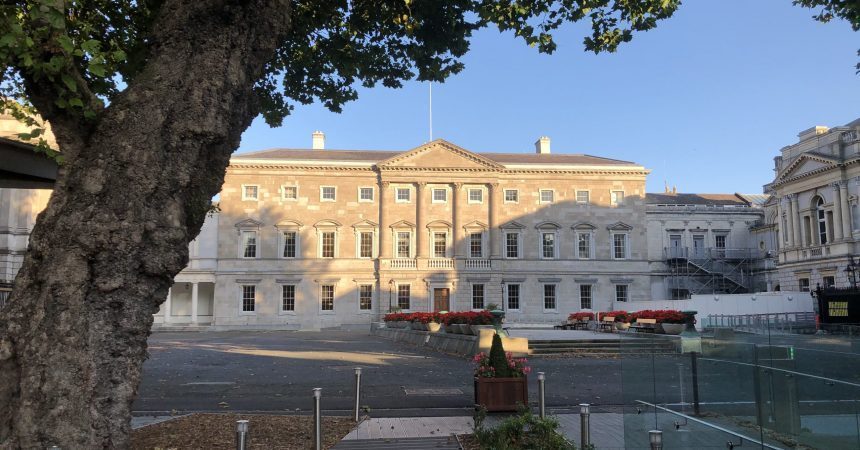
Parents’ rights in schools should not depend on surveying the views of their neighbours
The Department of Eduction is continuing the fiction that the government is transferring patronage of Catholic primary schools in any meaningful way. The Department is also complicating the matter by saying that parents of pupils at Catholic primary schools are to be surveyed to assess the level of support for such changes.
But this imaginary divestment programme, even if it happened, could not solve the problem of providing equal access to primary schools without religious discrimination. At best it could relieve some of the problems for a small number of secular and minority faith parents, while leaving other parents worse off.
Also, surveying local parents would be an undemocratic distraction. Even though an opinion poll commissioned by ETBI Ireland has shown that six in ten parents want multi-denominational schools compared to one in ten for schools run by a religious body, our human rights should not be determined by the views of our neighbours.
Opening up more multi-denominational schools will not necessarily help minorities as many of these schools operate in practice as Catholic schools while claiming that they have a Christian ethos. The United Nations has told Ireland to open not only multi-denominational schools but also nondenominational schools, which would have no religious control.
Last year the Irish government falsely told the United Nations that its target is to open at least 400 multi-denominational or nondenominational primary schools by 2030. They corrected this when Atheist Ireland told the UN that the Irish government has no plans to open any non-denominational schools.
Catholic Bishops have lobbied the Government to change the law, so they could once again be allowed to discriminate against non-Catholic children in access to publicly funded primary schools. The Catholic Bishops said their support for divesting a small number of publicly funded primary schools to multi-denominational patronage was dependent on this happening.
This is yet another example, as we have articulated for years, of why divesting some schools to different patron bodies cannot solve the injustices of our sectarian education system. This is because multiple patronage and multiple ethos as the basis for policy is the underlying problem in Irish schools, not the solution. The Oireachtas Education Committee has already concluded that this brings about segregation of children and inequality.
Even with the maximum implementation of the proposed Government plan of 400 multi-denominational schools (and no non-denominational schools), that would still leave 85% of schools with a single denominational ethos. Also, most areas have standalone schools, so atheist or minority faith parents in those areas would have no choice other than to send their child to a school with an even stronger Catholic ethos.
The Supreme Court in the Burke v Minister for Education case said it is a foundational pillar of the Constitution that the State, when funding schools, must have due regard for the rights of parents in relation to the religious and moral formation of their children. That means all parents, not just those from the religious majorities in particular areas.
So what should be done?
- The State should commit to establishing secular or non-denominational schools at primary and second level, and not merely multi-denominational schools.
- The State should legally and clearly define the terms denominational, multi-denominational, interdenominational, and non-denominational, as per the Irish Human Rights & Equality Commission Report ‘Religion & Education; A human Rights Perspective’.
- The State should provide statutory guidelines to ensure that publicly funded schools respect and vindicate the positive rights of minorities to freedom of conscience and respect for their religious or nonreligious philosophical convictions.
- The State should provide statutory guidelines to ensure that publicly funded schools respect and vindicate the right of children who exercise their constitutional right to not attend religious instruction, and provide such children with supervision or an alternative curriculum subject.
- The State should commit to ensuring that every child has the right to access a local publicly funded school without religious discrimination or being threatened with refusal of access if they don’t uphold the schools ethos.
- The State should ensure that schools and patron bodies comply with Section 62(7)(n) of the Education (Admissions to schools) Act 2018 by actually writing the details of the arrangements into their admission policies, and not by saying parents have to meet with the school principal.
- The State should provide a neutral studying environment, outside the confines of religious instruction classes that students can choose to not attend.






0 Comments
No comments!
There are no comments yet, but you can be first to comment this article.